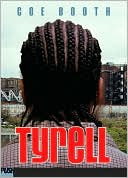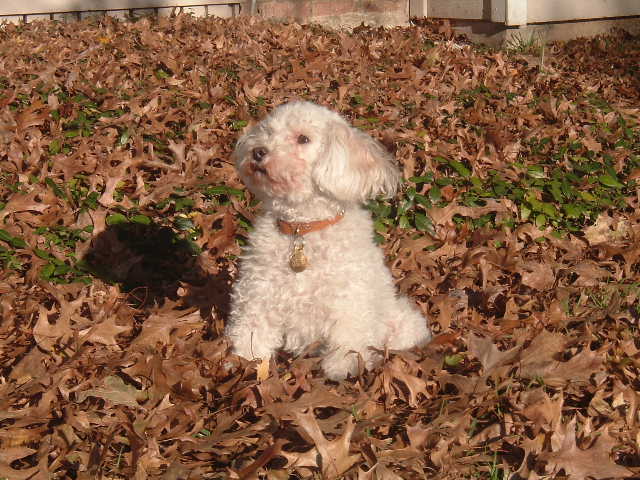
Tyrell by Coe Booth
Booth, Coe. 2006. Tyrell. New York, NY: Scholastic, Inc. ISBN-13: 9780439838795.
From the first paragraph fifteen-year-old Tyrell's voice shines through, etching his image in your mind so clearly you will feel like he's walking on the street next to you. He is real and his world is real. As a high school dropout, his life consists of a girlfriend, a father in jail, a seven-year old brother, Troy, a mother hardly worthy of the title, and responsibilities beyond his years or his choosing. Living out of a garbage bag and depending on the NYC Emergency Assistance Unit for a place to sleep, as they often do, Tyrell is frustrated with his mom. She won't look for a job, doesn't watch out for Troy, and complains about everything. Tyrell brings home food, gets Troy to finish his homework, and chastises his mom for her irresponsible behaviors. Even though Tyrell resents his role as a parent to Troy and his mother, he continues to take on the weight of their troubles. Girlfriend issues remind us that Troy is only fifteen, when it is so easy to think of him as seventeen or eighteen. In a quest to earn enough money to get them out of the shelter, Tyrell hooks up with a few guys from the old neighborhood and manages to plan a big money making party, the kind his dad used to throw - only without the illegal substances. But there is a breaking point. When the Administration for Children's Services takes custody of Troy, Tyrell can no longer find the strength or the heart to cover for his mom. Devastated about Troy, Tyrell takes his money and his garbage back with him back to the projects, yet relief floods through Tyrell on his first night of freedom. "She gonna hafta work out her own problems while I work out mines." With plans to attend a new school, an understanding girl to confide in, and responsibility for no one except himself, Tyrell's life is back in his own hands. The story is powerful, the struggle is valid, and the language is true. One minor negative aspect of the story is that it tends to drag out, though that characteristic ultimately parallels the life of a teen who's worst days never seem to stop repeating themselves. Be sure to read this one.
"After his DJ father is incarcerated for drug dealing, 15 year-old Tyrell, his brother and his mother are rendered homeless and move to a slummy city shelter in the Bronx. His mom's ineffectual attempts at keeping the family afloat financially and emotionally soon fall flat, and Tyrell is forced to take the family's situation into his own hands. Inspired by his father, he decides to throw a secret dance party in an abandoned bus garage with a steep admission charge guaranteed to boost his family's income. Booth, a writing consultant for the NYC Housing Authority, clearly understands how teens living on the edge -- in shelters, in projects, on the street -- live, talk and survive. It's the slick street language of these tough but lovable characters and her gritty landscapes that will capture the interests of urban fiction fans. While the complex party-planning plotline doesn't exactly cut a straight path, its convoluted-ness undoubtedly illustrates the kinds of obstacles these teens must overcome and the connections they need to make in order to survive--inside or outside the law."
Kirkus Reviews; September 1, 2006, Vol. 74 Issue 17.
"Fifteen-year-old Tyrell has a lot on his plate in this kitchen-sink drama of African-American life in the hardscrabble Bronx: his father is in jail; he, his little brother Troy, and their feckless mother are parked in a sordid motel for the homeless in Hunts Point; and bad-girl Jasmine is tempting him away from good-girl Novisha ('She don't even let me put my hand in her panties or anything. But she do like blowing me'). It all might be a bit much for one novel, Booth's first, but the author so convincingly grounds her story in Tyrell's tough-talking but vulnerable voice that we are won over to his side. Despite the grim setting evoked by the sensory prose, this isn't a story of street violence and drugs; rather, it concerns the more intimate deprivations (and moments of connection, like Tyrell's play in the snow with little Troy) of living poor. What plot there is comes from Tyrell's effort to put together an underground dance party to raise much-needed cash, and while this is successful in some small measure, the real happy ending comes when Tyrell get to move back into the projects, "where I belong," a conclusion readers should greet with both relief and unease."
The Horn Book; January/February 2007, v. 83 no. 1.


No comments:
Post a Comment